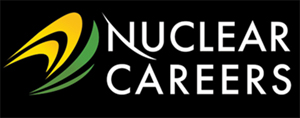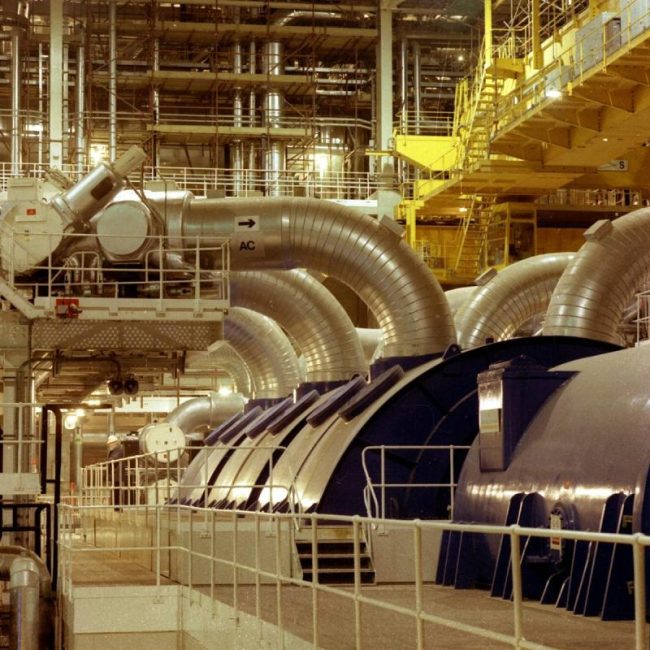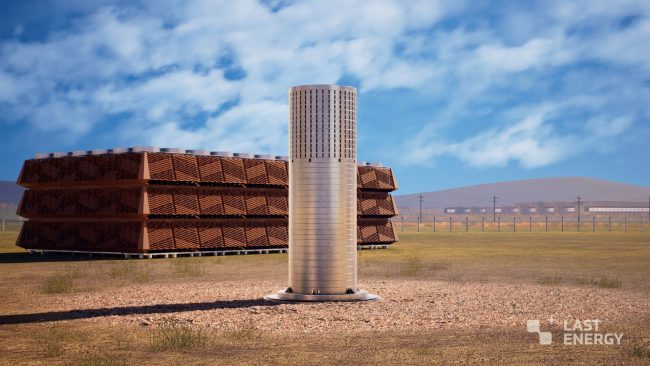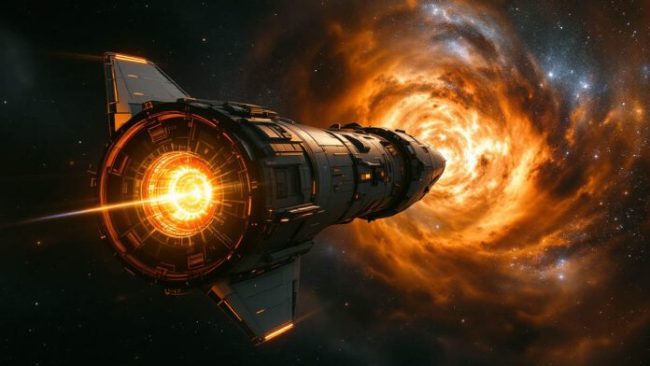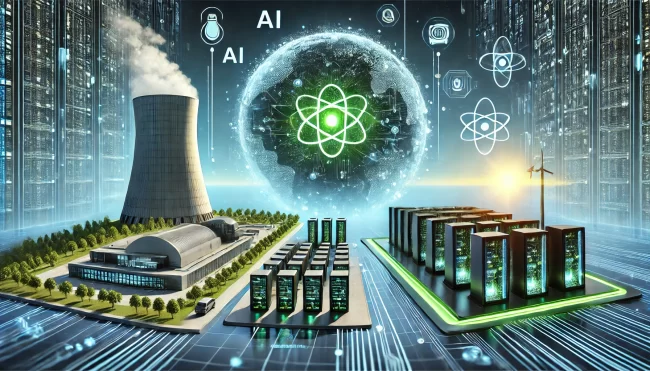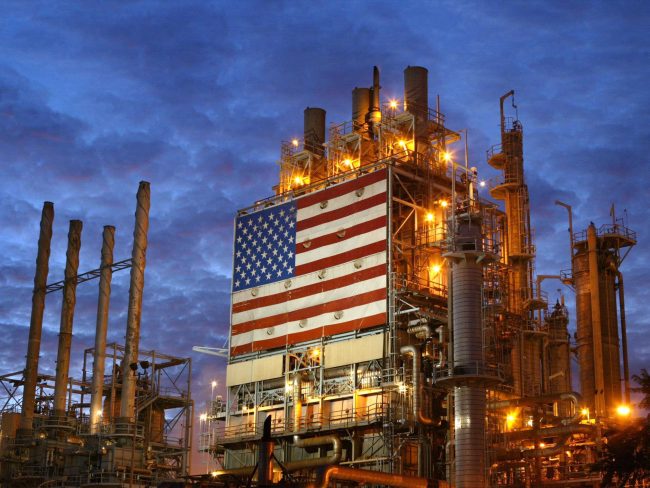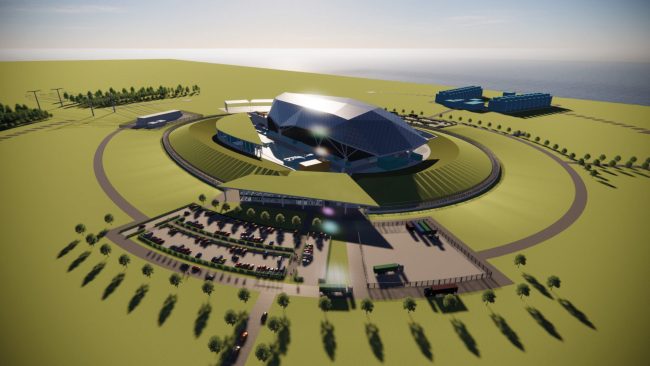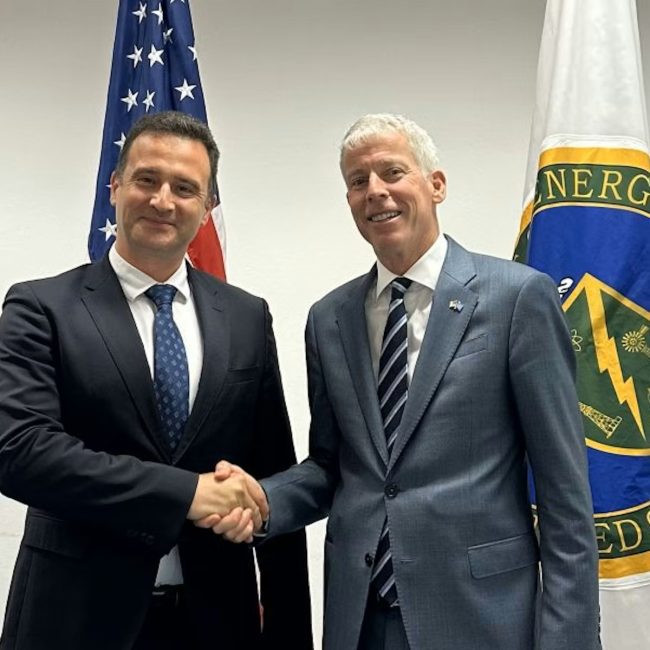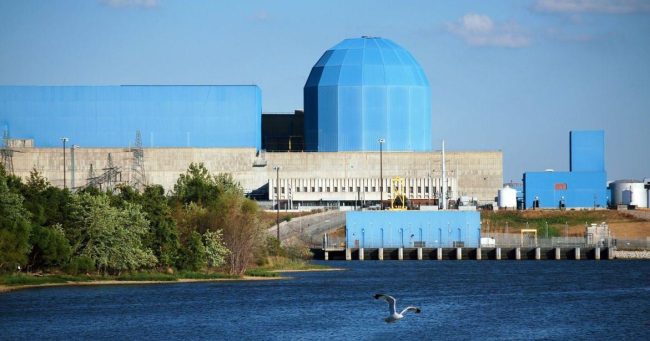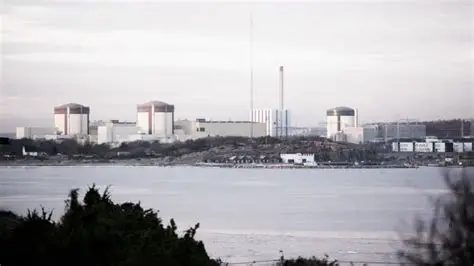Sizewell B: A Defining Test for the UK’s Nuclear Future
A Strategic Pivot Toward Long-Term Nuclear Reliability
Across government, industry, and the specialist press, one message is unmistakable, Sizewell B is becoming the cornerstone of Britain’s nuclear resilience for the 2030s and beyond.
According to Nuclear Engineering International, EDF has now made extending Sizewell B’s life to 2055 a top national priority, driven by the plant’s exceptional performance and the urgent need to stabilise the UK’s low‑carbon power mix.
In 2025, Sizewell B delivered a 99% load factor and generated 10.4 TWh, accounting for over 30% of total UK nuclear output, a remarkable figure for the country’s only pressurised water reactor. EDF argues the extension is viable but dependent on agreeing a commercial model that would unlock £800m of required investment.
This investment sits within a wider programme of fleet stewardship. EDF has already invested £8.6bn in the UK’s nuclear stations since 2009 and plans a further £1.2bn between 2026–28 to maintain generation and energy security while the ageing AGR fleet winds down.
Government Negotiations Signal Nuclear’s Central Role in Energy Security
Reporting from the Financial Times (via IndexBox and Bloomberg summaries) indicates that the UK government is now in active talks with EDF and Centrica to secure the £800m investment package needed for long‑term operation, an agreement that could crystallise in the coming months. The proposal centres on a Contract for Difference (CfD) to stabilise revenue and reduce commercial risk, echoing the contractual frameworks used for large renewable projects.
Why the urgency? Analysts highlight an approaching crunch; multiple reactors are retiring, while new capacity at Hinkley Point C and Sizewell C is unlikely to generate before 2030 at best. Extending Sizewell B to 2055 would plug a looming reliability gap just as wind and solar scale but remain intermittent. Nuclear generation dropped in 2025, forcing greater gas use and pushing up emissions, adding weight to the case for reliable baseload.
For policymakers, Sizewell B is increasingly seen not merely as a plant extension, but a strategic lynchpin in achieving a clean, firm power grid by the end of the decade.
Workforce, Regional Growth and the Nuclear Skills Pipeline
BusinessGreen reports that the Sizewell B extension would secure around 600 long‑term jobs on site through to 2055, reinforcing Suffolk’s ambition to become the UK’s premier nuclear hub. The investment, spread over 10–15 years, would fuel ongoing upgrade cycles and expand opportunities for nuclear apprenticeships, specialist contractors and supply‑chain SMEs.
Local industry leaders emphasise that sustaining Sizewell B aligns with wider regional economic planning: supporting a multi‑reactor cluster by the 2030s, strengthening the East of England’s low‑carbon leadership, and ensuring alignment between business, education and policymakers in developing the nuclear talent pipeline.
For the nuclear workforce, this is a generational opportunity; continuity of operations, major upgrade programmes, and the chance to embed world‑class skills across engineering, safety, digital systems, and operational excellence.
Why This Matters for the UK’s Nuclear Workforce
1. A Living Case Study in Long-Term Operation (LTO)
Sizewell B’s extension would place the UK among an international cohort of operators successfully running PWRs beyond 60 years. This strengthens domestic expertise in ageing management, component upgrades, and regulatory assurance, core competencies for future reactors.
2. A Catalyst for Skills Development
Sustained employment, multi‑cycle outage work, and integration with the Sizewell C programme create a multi‑decade skills horizon rarely seen in the UK energy sector.
3. A Platform for Policy and Investment Stability
A CfD‑style mechanism for nuclear life extension could set a precedent for future large‑scale refurbishments, offering engineers and early‑career professionals’ greater certainty in career planning.
The Bottom Line
Sizewell B’s proposed life extension is more than a technical upgrade; it is a defining moment for the future of the UK nuclear profession. The intersection of reliability needs, investment negotiations, regional workforce benefits, and long‑term energy strategy positions this project as a bellwether for the industry’s next chapter.
For nuclear professionals, educators, and employers, the coming decisions around Sizewell B will shape not only the UK’s energy resilience, but also the direction of careers, innovation, and capability-building for the next 30 years.
Picture: EDF Energy
